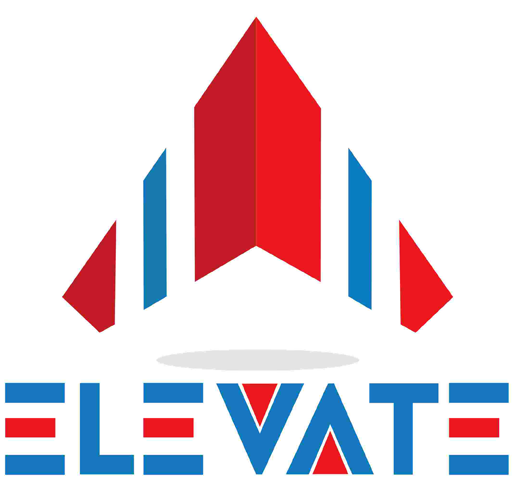FAILING TO PLAN IS PLANNING TO FAIL

YOUR 10-YEAR CAREER PLAN IN THE COMING DECADE.
You live, you learn, you upgrade. It’s the only mantra that takes you to the next level. Do something today that your future self will thank you for.
"The difference between great people and everyone else is that great people create their lives actively, while everyone else is created by their lives, passively waiting to see where life takes them next. The difference between the two is the difference between living fully and just existing." Michael E. Gerber
Ask yourself, if what you are doing today will get you closer to where you want to be tomorrow. Your future’s worth planning. Don’t fear the unchartered path. You have no obligation to be the same person what you were a year ago. You have the right to grow. A clear vision, backed by definite plans, gives you a tremendous feeling of confidence and personal power. Eisenhower said “In preparing for battle, I have always found that plans are useless but planning is indispensable. You can’t plough a field simply by turning it over in your mind. Ability and willingness to upgrade is important. Unless commitment is made on paper in black & white, there are only promises and hopes, but no plans. Unless you have definiteness of purpose, the knowledge of what you want and a burning desire to possess it, you will end up leading an insignificant life. As someone said, no one can construct for you the bridge upon which precisely you must cross the stream of life, no one but you yourself alone. Ultimately it’s all about who you choose to be.
PLAN YOUR CAREER – CREATE THE LIFE OF YOUR DREAMS
Planning ahead is something that nearly everyone would agree is important. Whether it is for school, higher education in college / universities, a job, settling in a foreign land or retirement, we have all learned or even experienced first-hand how efficient planning ahead can be. Still, most people ignore the positives and shrug it off as too much work or pointless.
The first benefit of planning ahead is that it helps with stress. The quickest way to see this in action is to ask any college student while they are studying for final exams. Chances are, they put off studying until the last minute, and ended up more stressed out than they needed to be. Imagine if they had taken the time to make a studying schedule a few days prior. They would be much more at ease. Potentially, they could’ve ended up studying better, which leads us to the second benefit of planning ahead: better results. You will virtually always get a better final result when planning ahead. Taking the time to plan intentionally gives your brain more time to think and make well-informed decisions.
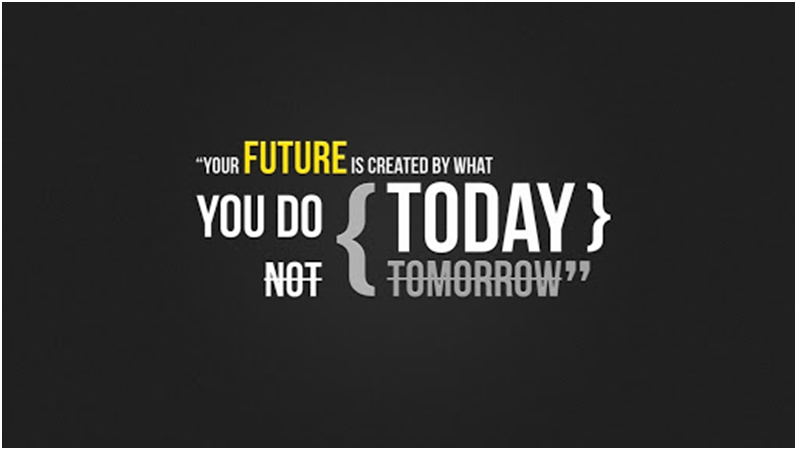
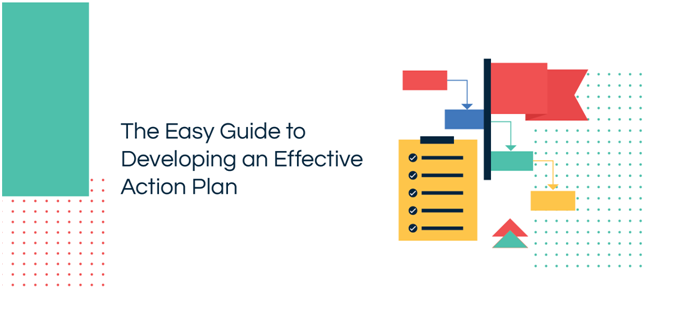
Why plan for 10 years ahead?
The 10 year plan helps you to make the kind of decisions today that will get you to where you want to be later. Your 10 year plan does not have to be perfect. You do not need to know exactly what you want to do or where you want to be. The 10 year plan is more about how to optimize who you are. Ten-year goals are small enough for you to believe that they're achievable, but big enough to really move your life in the direction that you want it to go.
Once you have a long-term plan, you can set mid-term and short-term goals that will allow you to achieve that long term plan. Instead of planning your life year-by-year, plan 10 years at a time. For the coming decade. An ideal starting time is NOW. So, which is it? Are we going to start a new decade in a little over three weeks, or do we have a year left of the decade we’re currently on? Whichever side of this debate you fall on, the fact remains that if you want to have a remarkable life you should be thinking long-term.
Dramatic changes happening across the globe in technological and socio-economic realms of modern communities, you must make yourself compatible with the innovative nature of educational goals in the future. Unprecedented changes leading up to disruptive technologies and product obsolescence only makes it clear that your mid-term plan must address the need to make that course correction, if necessary, to make yourself relevant in the future.
Every day lived is another piece of your education. What are you doing with the knowledge you have absorbed? 10 years from now you will not be the same man and have the same thoughts. That process needs to be focused and nurtured. Do not fear change, because it’s going to come anyway. Embrace it and shape it instead. Set your goals so that 10 years from now you are wiser, more adaptable and more complete.

You create a 10 year plan by working on the following.
-
Your skill-set In 10 Years’ Time
- Mastery of a skill usually takes about ten years. Is there a skill that you want to get started learning now in order to have achieved mastery in ten years’ time?
- You can get reasonably good at a skill in about a year. What skills do you want to get reasonably good at in the next ten years?
- You can obtain basic proficiency in a skill in about a month’s time. Are there any skills in which you wish to gain basic proficiency in the next ten years? If so, which skills?
-
Your career in 10 Years’ Time
- Will you move up the corporate ladder in the next ten years?
- Do you want to strike out on your own in the next ten years?
- What contributions do you want to make in your field in the next ten years?
- How will you expand your field’s area of knowledge?
- What will you be known for in ten years’ time?
- Do you want to retire in the next ten years?
- Your Personal Development In 10 Years’ Time
- How will you change and grow in the next ten years?
- How will you improve your mental and emotional health in the next ten years?
- What habits do you want to adopt over the next ten years?
-
Your Health in 10 Years’ Time
- How will you manage your weight in the next ten years?
- How will you stay fit?
- How will you look and feel in ten years’ time?
And we are not even talking about your finance planning, adventure, relationship, married life, etc. All of these need planning. But for the present we will focus on your studies & career. Remember all progress takes place outside the comfort zone. It takes courage and determination to take the unchartered path.
Creating a career plan : Short > Medium > Long term
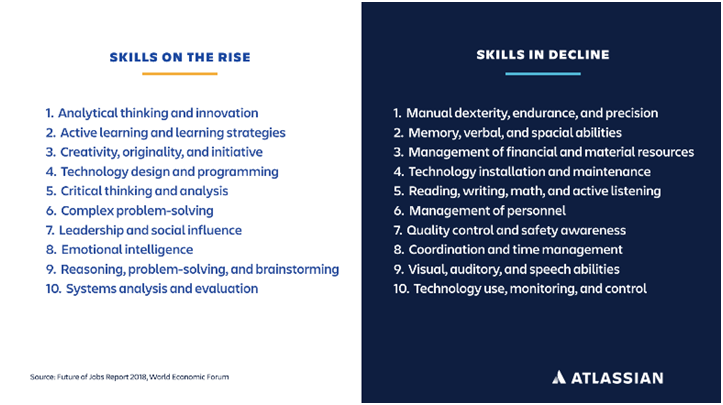
You’ve probably spent quite a bit of time thinking about what you want to accomplish professionally.
If you haven’t already put together a personal career plan, it’s a good idea to set aside an hour or so and sit down to plot out your short-, medium- and long-term goals. Developing a plan will help you maintain a sense of direction and keep you working towards your “end goal” (whatever that may be). Your career plan should be well-thought-out, realistic and, most importantly, flexible – don’t look at it as a set-in-stone plan for your professional life, but rather as a road map that may grow and change as you move through the world.
The short term (present – 2 years from now)- Focus on your plans for the immediate future. What your plan should include:
Start by identifying your immediate goals. Examples: “Finish undergraduate degree with honours and find an entry-level position in any chosen industry. Very important to get two to three years of work experience to be ideally capable and eligible to undertake post graduate studies (Master’s or MBA). Next, get set with detailed steps that will enable you to accomplish each goal.
If your goal was to complete your degree with high academic standing, you might boost your achievement by arranging to connect with your instructors for more extensive feedback, starting a peer study group and setting aside additional time to review your notes. You’re almost there! Once you’ve figured out what and how, set down the when. Create a timeline, breaking your plan down into monthly increments to ensure you have enough time to realistically complete each step, and to give yourself a checklist for what you need to finish each month.
Questions to ask yourself:
- How is your short-term plan going to help you achieve your end goal?
- Which factors of your plan are within your control? Which are outside of it?
- What will you do if you are unable to accomplish part of your plan?
The medium term (2 – 5 years from now) :- The second section of your career plan will build on the first and does not need to include as many specific action steps (more detail is definitely better though).
What your plan should include:
Unlike your short-term plan, it’s ok for your goal to be less specific here. Examples: “Work upwards to become a mid-level manager or supervisor,” “Pursue a postsecondary degree in marketing” or “Develop a professional network with contacts at all levels of your chosen industry.” In a medium-term plan, having an overall sense of the steps you might take is the key. Identifying this information early will help you keep your short-term plan up to date.
To pursue a postsecondary degree, for example, you would want to set aside time to pursue any necessary prerequisite courses, reinforce your contacts with relevant referees and even plan to set aside money to cover the cost of tuition and relocation, as appropriate. Next, build your timeline using periods of 6-12 months. Take into account time-based factors you can’t control, like application deadlines, necessary years of study, and so on.
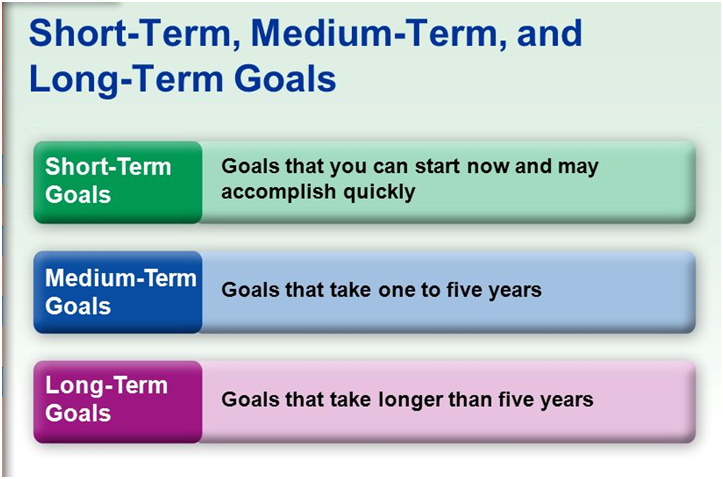
Questions to ask yourself:
- Is each part of your plan directly relevant to your goals?
- What will you do if your plan doesn’t work out? Do you have a backup plan?
- Can you anticipate any personal or professional conflicts that might complicate your plan?
The long term (5+ years from now) :The final section of your career plan will inevitably be the most abstract, but will also probably be the most exciting because it centers around your most ambitious professional goals! What your plan should include:
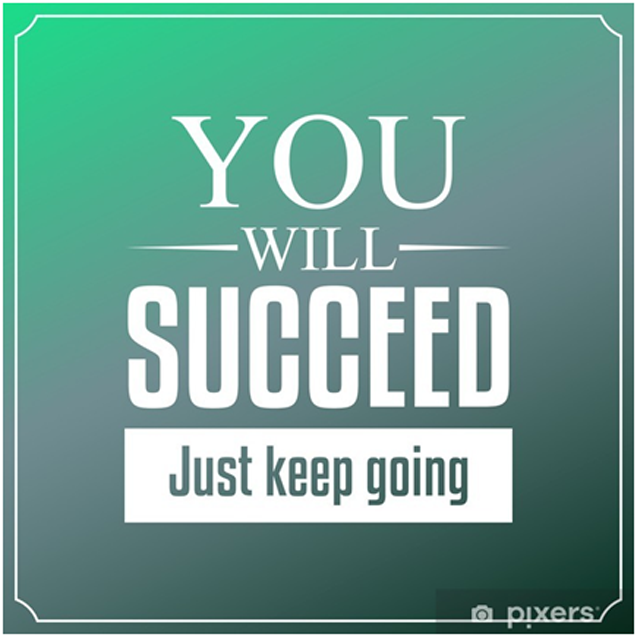
This is a place to identify your “big goal” – where you want to be professionally after spending years on your career. Examples: “Be a middle level manager in a leading organization, own and operate an independent business, even a start-up for that matter, or may be go into research”. Here, you’ll want to build on the path you’ve planned in your short- and medium-term reflections. Assuming many (or all) of your plans in those areas are successful, ask yourself how you’ll be better equipped to pursue these lofty career ambitions.
For example, owning and operating your own business will call for significant financial resources. If you have major purchases like property, a car, or extensive travel as some of your medium term goals, you may have to reevaluate. Build a timeline using 5-year blocks for 5+, 10+ and 15+ years from now. Putting your major long-term goals in perspective will help you understand the steps you need to take today – and tomorrow.
Questions to ask yourself:
- Where do you expect to be financially, physically, emotionally, etc. in 5+ years?
- What else do you hope to accomplish, outside of your career, in the long term?
- What are some potential changes in your desired industry that could affect your career or your ability to compete in the job market?
- Do you have a second career choice in mind that you will have access to as an alternate option?
Once you’ve created your career plan, don’t forget to revisit it regularly to check in with your goals, make changes as needed and ensure that you’re following the timelines you set for yourself. The ultimate success of your ten year plan is dependent upon being flexibly rigid, keeping final objective always in focus. Remember that this is just a plan – although it’s great to be prepared and to know what you want to achieve, it’s impossible to plan out every detail of the future. You’ll be much better off if you’re able to adapt to challenges as they arise and take advantage of new opportunities that come your way, without losing sight of what’s important to you in the long run.
